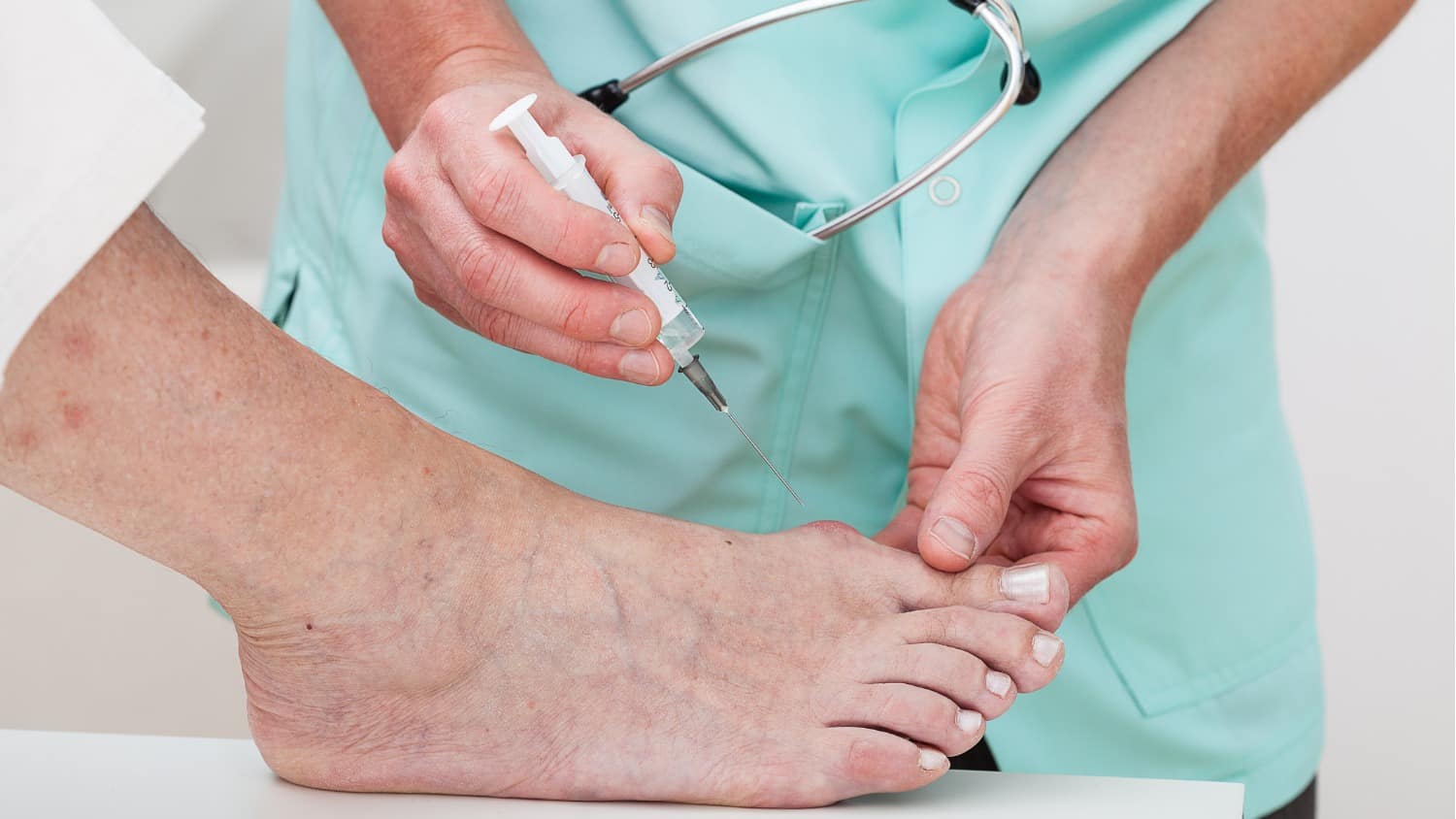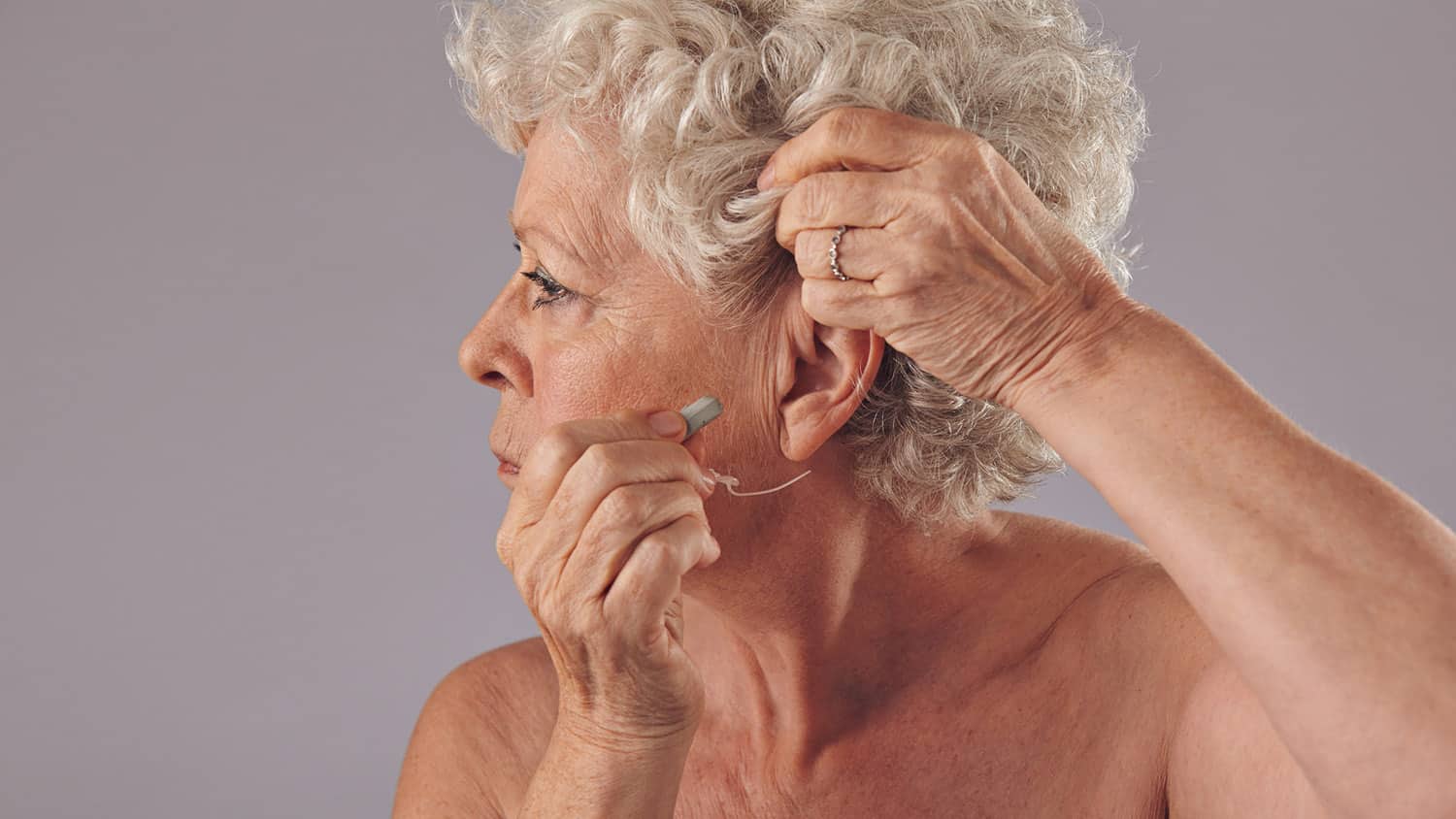
Is a Stiff Neck a Sign of Covid? What You Need to Know
A stiff neck can be one of the first signs of Covid. So, if you are experiencing stiffness in your neck, it’s essential to take precautions and get tested for the virus.
We will discuss the symptoms of Covid and what you need to do if you experience them. Stay safe, and don’t ignore any warning signs!
What Are the Signs of Covid-19?
Covid-19, the novel coronavirus that was first identified in 2019, comes with symptoms like fever, dry cough, and fatigue. However, some people may also experience a sore throat, headache, or runny nose. In more severe cases, Covid-19 can lead to pneumonia or bronchitis.
Many people who contract Covid-19 report experiencing muscle aches and pains. These can range from mild discomfort to severe pain, making it difficult to move.
Musculoskeletal Pain and Covid-19
Musculoskeletal pain is often worse during the early stages of the infection when the virus is replicating rapidly and causing widespread inflammation. However, it can persist for weeks or even months after the initial infection has resolved.
In some cases, the pain may signify residual muscle or nerve damage. In other cases, it may be due to ongoing inflammation.
Regardless of the cause, muscle aches and pains can be a significant source of discomfort for people who have contracted Covid-19.
Neck Stiffness and Covid-19
Neck stiffness is a common complaint of Covid-19 patients, and it is often one of the first signs that something is wrong. For many people, the neck pain is mild and goes away after a few days. However, neck pain can be severe for some people and lasts for weeks or even months.
In some cases, the neck pain is so severe that it prevents people from moving their heads or looking down and cause pain down into the shoulder blades. If you experience neck pain after contracting Covid-19, you must see a doctor as soon as possible.
What Are Other Causes of a Stiff Neck?
Causes of a stiff neck vary from strains to severe infections. Therefore, it is essential to seek medical attention to diagnose the underlying cause of a stiff neck.
Muscle Strain
A neck strain occurs when the fibers in a muscle are stretched or torn. This can happen suddenly, as a result of an accident or injury, or gradually, over time.
Common causes of muscle strain include lifting heavy objects, repetitive motions, and poor posture. Symptoms of a muscle strain include pain, tenderness, swelling, and muscle spasms.
Treatment typically involves rest, ice, and over-the-counter pain medication. In severe cases, more aggressive treatment may be necessary.
If you think you have a muscle strain, it is essential to see a doctor so that they can rule out other potential causes of your symptoms.
Poor Posture
Many of us spend our days hunched over computers or phones, with our heads tilted forward and shoulders slumped. Unfortunately, this poor posture can lead to several problems, including a stiff neck.
Your ears, shoulders, and hips should align with good posture when you sit or stand. However, when you slouch, your spine is forced out of alignment, and your muscles must work overtime to support your head.
Over time, this can lead to tension and pain in the neck and shoulders. To avoid a stiff neck, you must be aware of your posture and try to sit up straight.
You may also consider investing in an ergonomic chair or standing desk to help encourage good posture.
Sleeping in an Awkward Position
When you sleep in an awkward position, your head is not supported correctly, and your neck muscles must work harder to keep your head level.
This can cause the muscles to become tired and cramped, leading to a stiff neck. In some cases, the muscles may even spasm, causing severe pain. Regularly sleeping in an awkward position may also develop chronic muscle tension, leading to permanent stiffness and pain.
To avoid these problems, it is essential to choose a pillow that supports your head and neck in a comfortable position. You may also need to invest in a special neck pillow or orthopedic mattress to ensure good spine alignment and proper support for the head and neck.
Arthritis
Arthritis is a common cause of stiffness in the neck. The condition can cause the joints in the neck to become inflamed, making it difficult to move the head.
In some cases, the inflammation can also lead to the formation of bone spurs, which can further limit movement. Arthritis can also cause the muscles in the neck to weaken, making it difficult to support the head.
As a result, people with arthritis often have pain and stiffness in the neck.
Treatment for arthritis typically involves medication to reduce inflammation and pain.
Physical therapy may also be recommended to help stretch and strengthen the muscles in the neck. In severe cases, surgery may be necessary to repair or replace damaged joint tissues.
Meningitis
Meningitis is a severe infection of the membranes that surround the brain and spinal cord. It can be caused by bacteria, viruses, or other organisms and can lead to serious health problems, including death.
Symptoms of meningitis include the sudden onset of fever, headaches, stiff neck, and nausea. If left untreated, meningitis can cause permanent damage to the brain or even death.
Early diagnosis and treatment are essential for the best possible outcome.
Treatment for meningitis typically includes antibiotics or antiviral medications.
In severe cases, hospitalization may be necessary. Meningitis is a potentially life-threatening condition, so it is essential to be aware of the signs and symptoms and to seek medical attention if you suspect you or someone you know has meningitis.
How to Treat Neck Stiffness from Covid-19
There are a few stiff neck remedies to help relieve neck pain from Covid-19.
- Rest and avoid activities that worsen your pain.
- Use home remedies such as applying a heating pad or ice to the affected area.
- Over-the-counter pain medications, such as non-steroidal anti-inflammatory drugs like ibuprofen or acetaminophen, can also help relieve the pain.
- Massage therapy is a great way to treat and manage neck stiffness due to Covid-19. Loosening up the muscles can improve mobility and help alleviate pain. Massage therapy is a great way to relieve stress and provide pain relief of mild to moderate pain.
- Managing inflammation using over-the-counter supplements and natural remedies. Specifically, magnesium has solid research showing efficacy in helping with muscle soreness.
- Gentle exercise will help blood flow to the muscles and improve circulation. Go easy at first, worry less about what type of exercise, and focus on getting out and moving.
- Physical therapy and evidence-based chiropractic care can also effectively manage a stiff neck from Covid-19. Physical therapists use mobilization and strengthening exercises in the office and at home will help improve circulation and flexibility.
Conclusion
If you are experiencing neck pain and your symptoms are severe or do not improve with home treatment, you should see a doctor. You may need prescription medication or physical therapy to help treat your neck stiffness.
Let’s Have a Conversation:
Have you experienced neck stiffness due to Covid-19? What other conditions have made your neck stiff? How have you been able to manage the pain?
Disclaimer: This article is not intended to provide medical advice. Please consult with your doctor to get specific medical advice for your situation.
Tags Medical Conditions







The web of symptoms related to COVID-19 brings to the fore the ever-changing nature of our understanding of the virus. The association of neck stiffness with COVID-19 underlines that the virus can manifest in multifaceted ways, affecting various bodily systems. The article astutely underscores the importance of discerning between common ailments, like poor posture or muscle strain, and more severe infections. Equipping ourselves with this knowledge not only aids in early detection but also directs us towards the most effective treatment methods. Furthermore, the deep dive into potential treatments is a beacon of hope and practicality for those afflicted. Staying vigilant while not jumping to conclusions is paramount in these uncertain times.